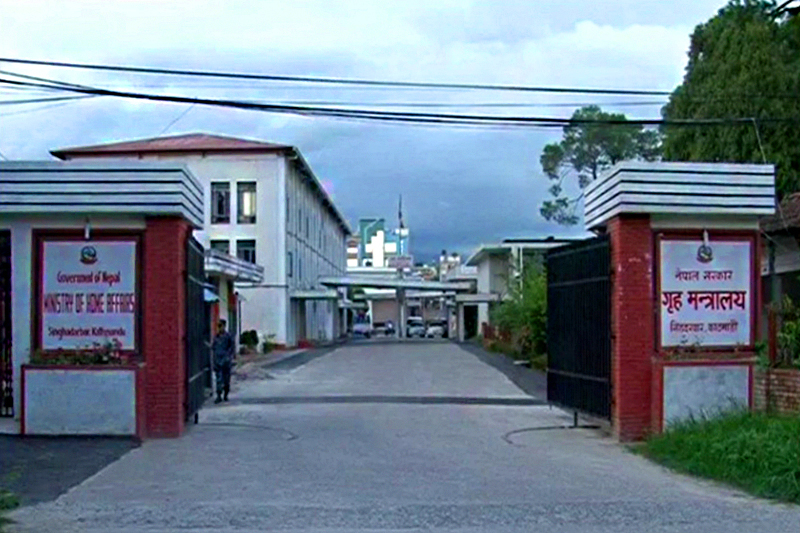Essential commodities, services staff barred from going on strike
Kathmandu, October 15
The government has imposed ban on bandh or strike in production, sale, distribution and delivery of essential goods and services with effect from Monday.
According to a notice published by the Ministry of Home Affairs in the Nepal Gazette, the ban was imposed in accordance with sub-section (1) of section 3 of the Essential Services Operation Act-1957, to ensure smooth production, supply and delivery of essential goods and services. The order will remain effective for six months and may be renewed after that.
As per the notice, the government has fixed 19 areas of essential goods and services where strikes are prohibited.
The services included postal, telegram or telephone services, transportation services (road, water and air), airport runway and aeroplane repair and maintenance services.
The government has also banned strike in government press, any service of defence affairs related to the function of arms, ammunition or production of military goods and services concerning internal security, communications as well as services pertaining to internal security.
Other service areas are water supply and distribution, tourism sector (motels, hotels, restaurants, resorts), supply of petroleum products, including liquefied petroleum gas, health services in hospitals and health centres, ambulances, production and sale/distribution of medicines, waste management (collection, transportation, disposal and recycling), banking, insurance, electricity supply, insurance and transportation, storage and distribution of consumer goods, including rice, lentils, edible oil and salt.
This time, the government has introduced weather forecasting, flood forecasting and early warning information system in the list of essential services, and the employees working under the Department of Meteorology and Hydrology are not allowed to go on strike.
If any person stages a strike in essential public services, or incites others to do so, the local administration will initiate legal action against him/her under the act.






